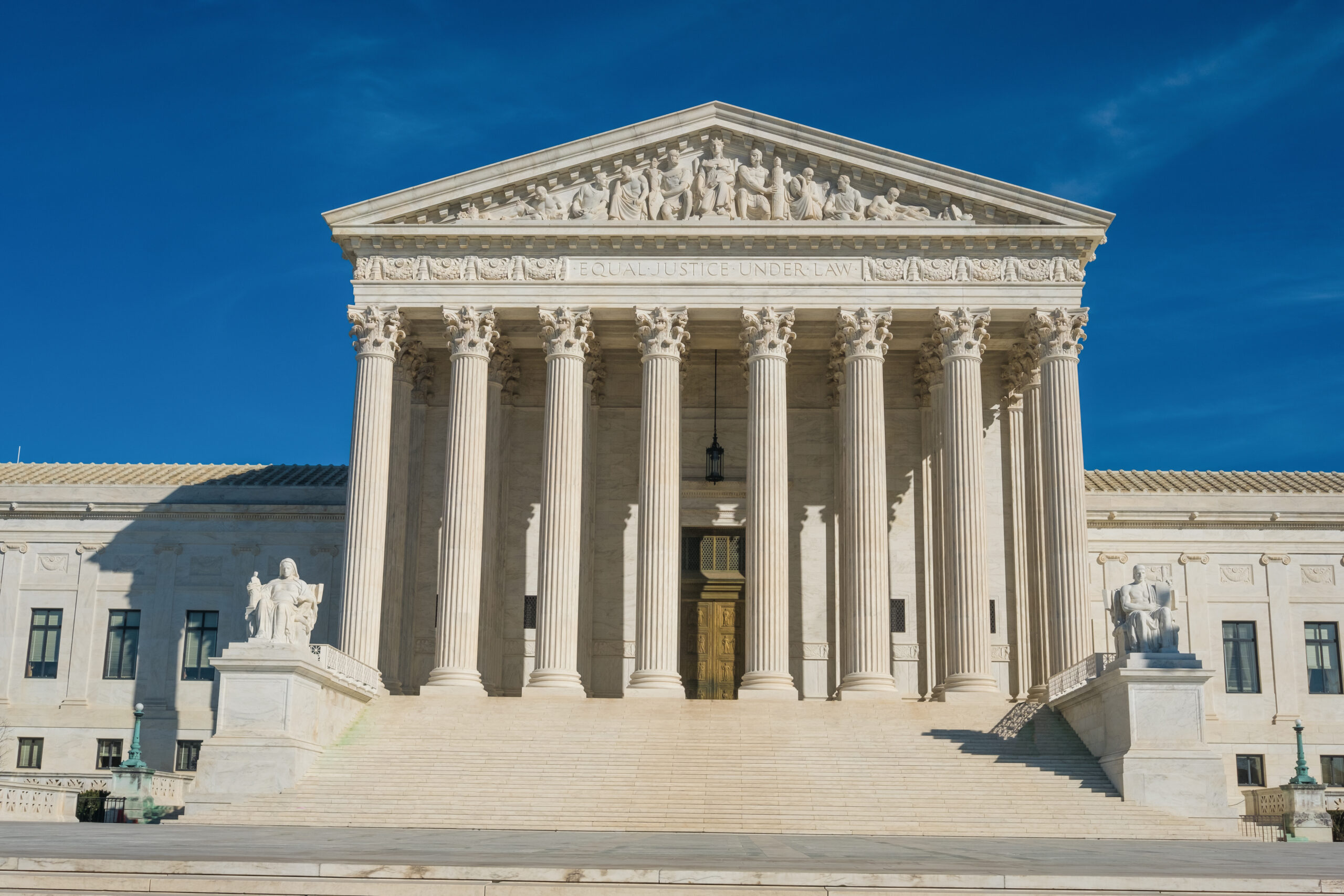Maryland, which in 2023 passed the Child Victims Act (CVA) that allows survivors who were victims of sexual abuse as minors to sue their abusers anytime, has now cut by half the amounts that may be awarded in such claims.
Gov. Wes Moore has signed a law that will lower the total damages that may be awarded in a single child abuse claim against the state, a local government or local school board from $890,000 to $400,000.
Also, the bill reduces from $1.5 million to $700,000, the total amount of noneconomic damages that may be awarded to a single claimant in a child abuse action against a private individual or entity.
Each claimant will be entitled to receive only one payment, instead of collecting for each incident of abuse.
The measure, which goes into effect starting June 1, 2025, also caps lawyers’ fees at 25% of a judgment or 20% of a settlement.
The bill passed the Senate 36-7 and the House 92-40 before being sent to the governor.
The new law comes in response to concerns over the damages being awarded in child sex abuse lawsuits across the country. Last Friday, Los Angeles County officials agreed to pay $4 billion to settle nearly 7,000 claims of sexual abuse in juvenile facilities since 1959.
There was also motivation to act closer to home. The state of Maryland itself is facing thousands of claims by people who claim they were abused while in state custody when they were minors. Many of the claims against the state allege sexual, physical and emotional abuse decades ago by staff of the Department of Juvenile Services.
According to the state attorney general, as of on March 12, 2025, there were about 4,000 claimants seeking damages from the state under the CVA, and the potential liability under current law could range from $3.5 billion to as high as $34.0 billion if each claimant were to receive the maximum of $890,000 for each alleged incident of abuse.
State Sen. Will Smith, who chairs the Senate Judicial Proceedings Committee, told The Associated Press that lawmakers approved the 2023 Child Victims Act in response “to a long fight to have justice for victims of child sex abuse, where our prior framework barred some of those claims if you were above the age of 38.”
“But what we could never have anticipated was just the sheer volume of cases that ensued,” Smith said.
Lawmakers were told there could be a wave of lawsuits filed in the weeks before the June 1 effective date.
Maryland passed the CVA in 2023 following the release of a report by the attorney general that revealed widespread abuse within the Archdiocese of Baltimore. After the law passed, the archdiocese filed for bankruptcy protection.
The Maryland Supreme Court upheld the constitutionality of the CVA in a 4-3 ruling in February.
The Maryland Catholic Conference (MCC), which represents the three dioceses of Maryland, criticized the new measure because it represents a two-tier system for victims based on whether the alleged abuse took place in a public or private space.
Noting that since the CVA went into effect, the state itself has been hit with thousands of complaints and “now appears to be the largest employer of child sex abusers in the state.”
Advocates and lawyers for sexual abuse survivors opposed the measure, contending that the it violates the Maryland Constitution and interferes with a vested right to bring a cause of action for sexual abuse.
The bill is a “major retrenchment of the General Assembly’s commitment to fairness in protecting the rights of child sexual abuse survivors, no matter the identity of their abuser,’ argued the Maryland Association for Justice, representing trial attorneys.
It is likely the new law will be challenged in court.
D. Todd Mathews, an attorney with Bailey & Glasser, one of the law firms representing more than 4,500 plaintiffs, has indicated that his firm will be a party to the challenge to the new law. “We will vigorously oppose this clearly unconstitutional bill, in order to protect the Survivors, as the State and Governor Moore have clearly failed them,” he told Maryland Matters.
The main sponsor of the CVA, Delegate C.T. Wilson, was himself a child victim of sexual abuse and spoke openly about his experience in pushing for passage of the bill that became law in 2023. It took a decade to pass the measure.
Wilson actually initiated the new law that amends the CVA by setting limits and curbing lawyers’ fees. He explained that his advocacy of the CVA was never about financial gain or bankrupting the government. In his testimony, Wilson said, “I’ve always said, it was never about the money. … It was about the truth and justice and restoring the dignity of those who have had it stolen from them.”
Topics
Maryland
The most important insurance news,in your inbox every business day.
Get the insurance industry’s trusted newsletter





Leave a Reply